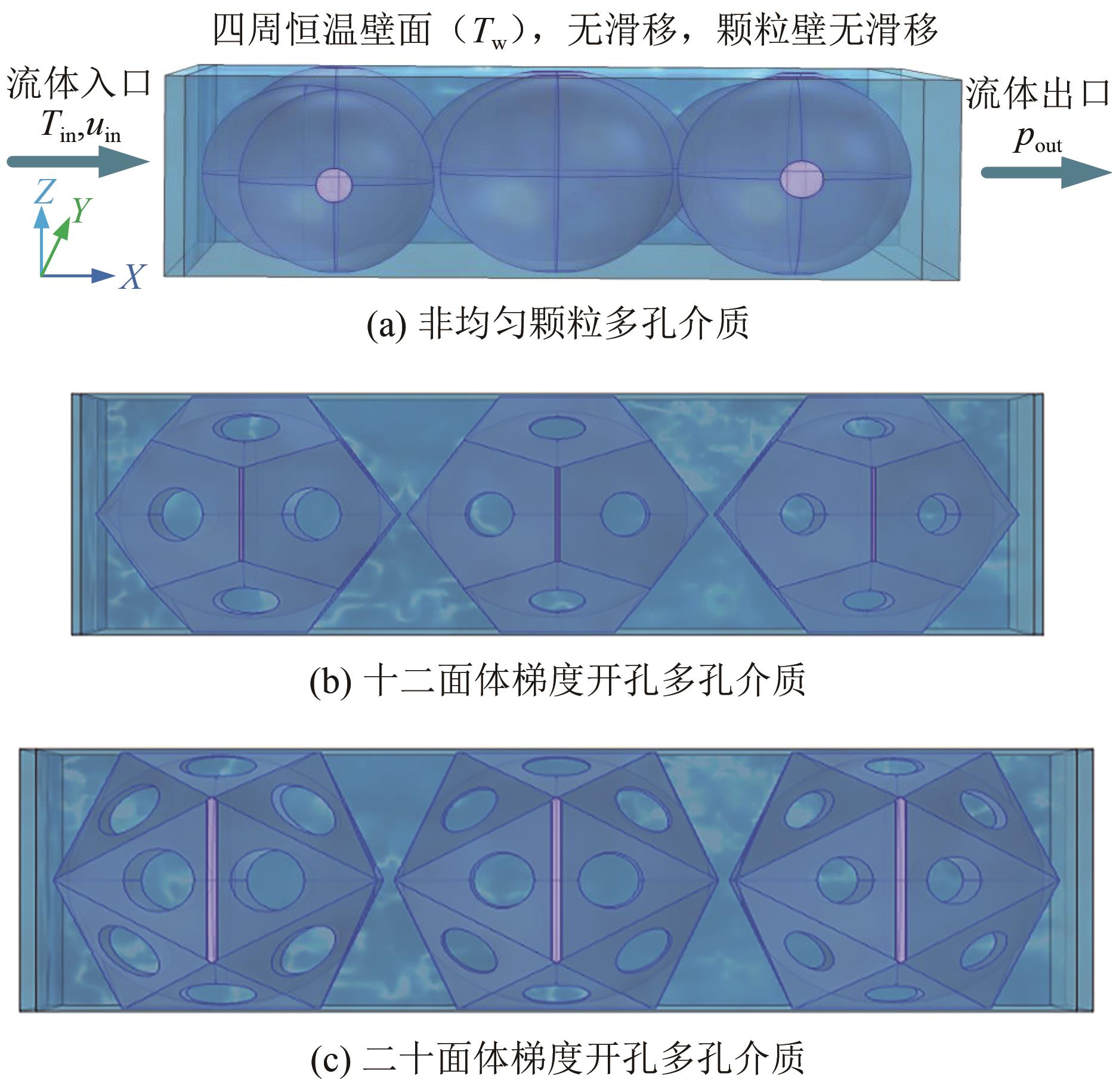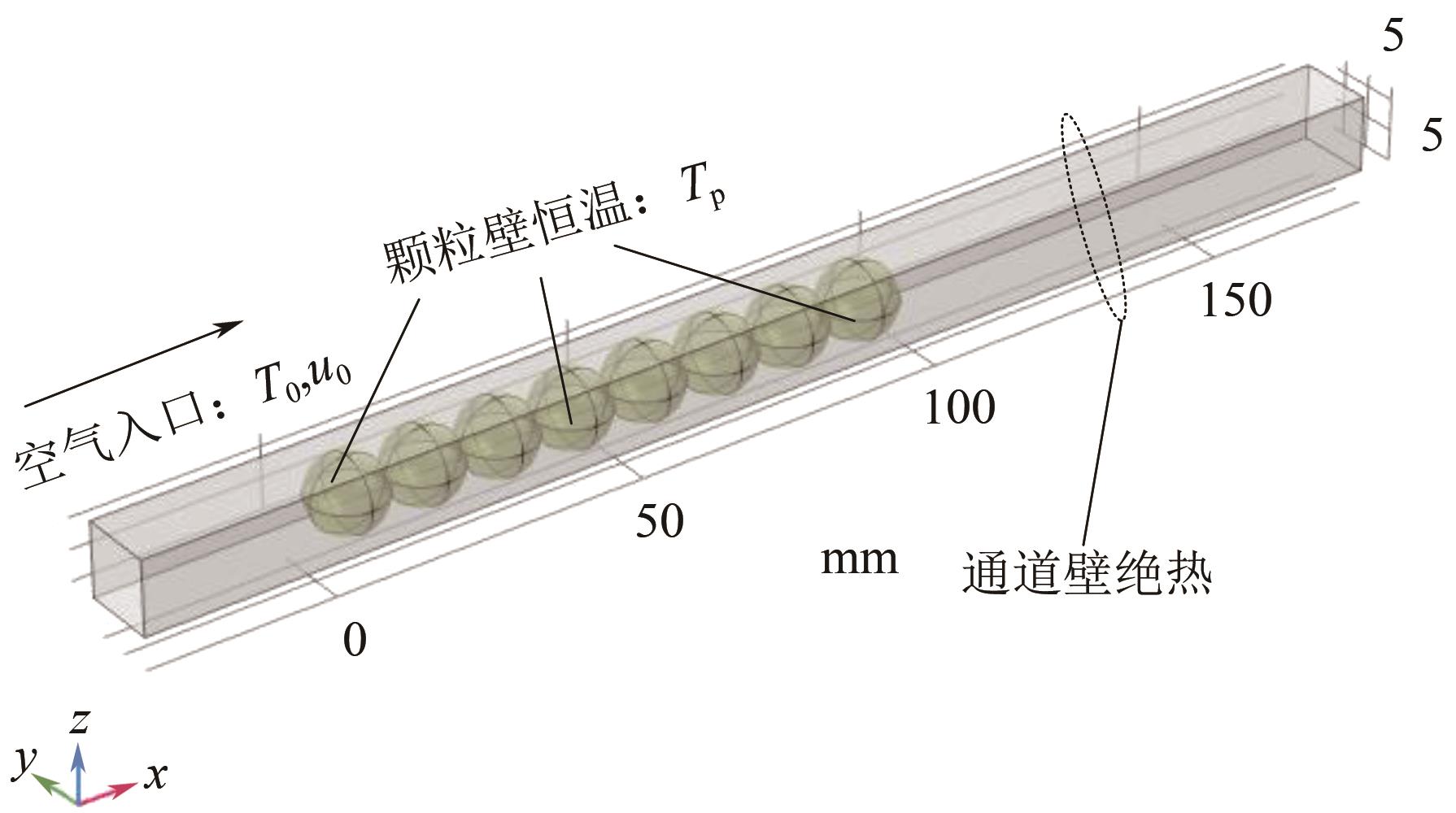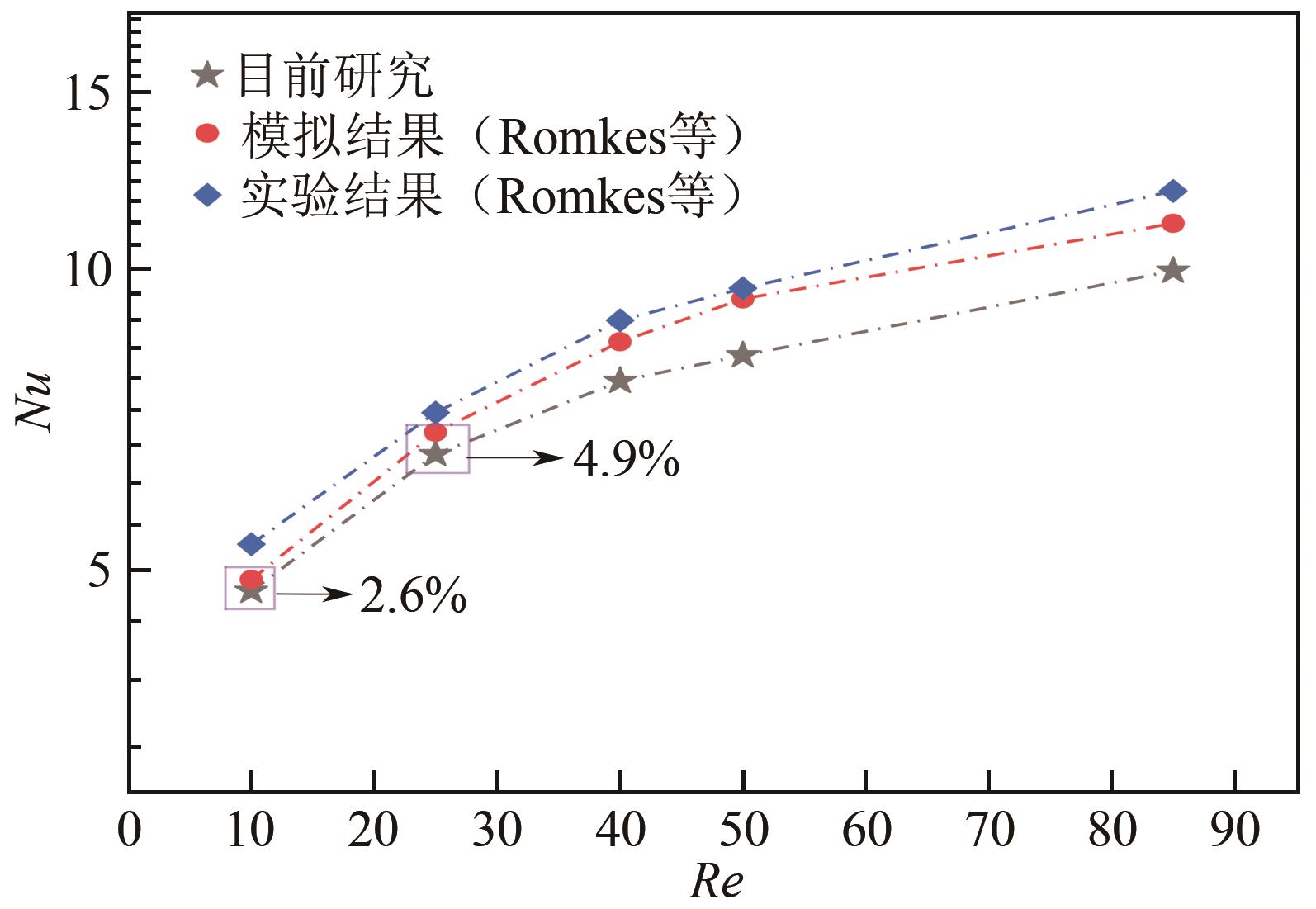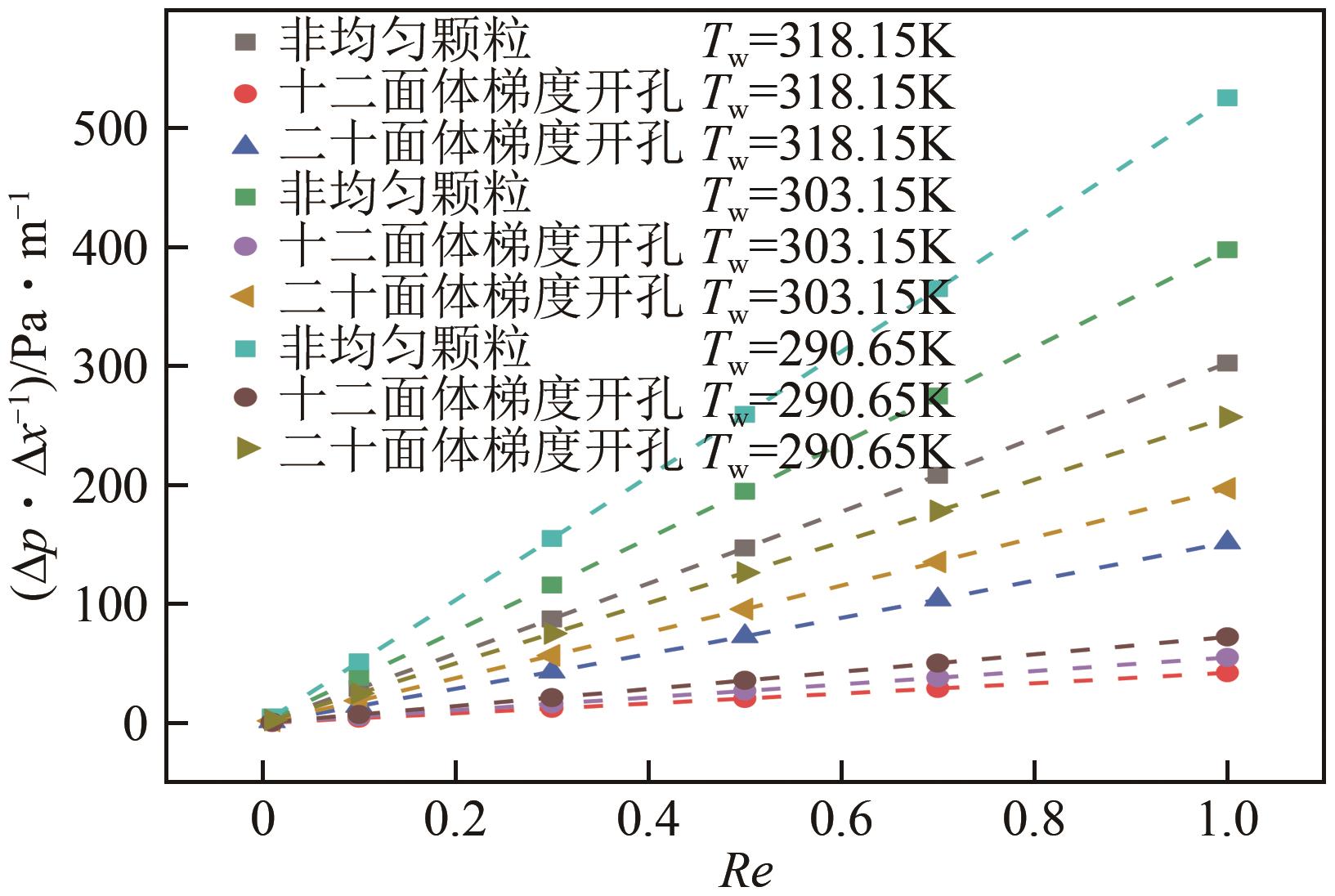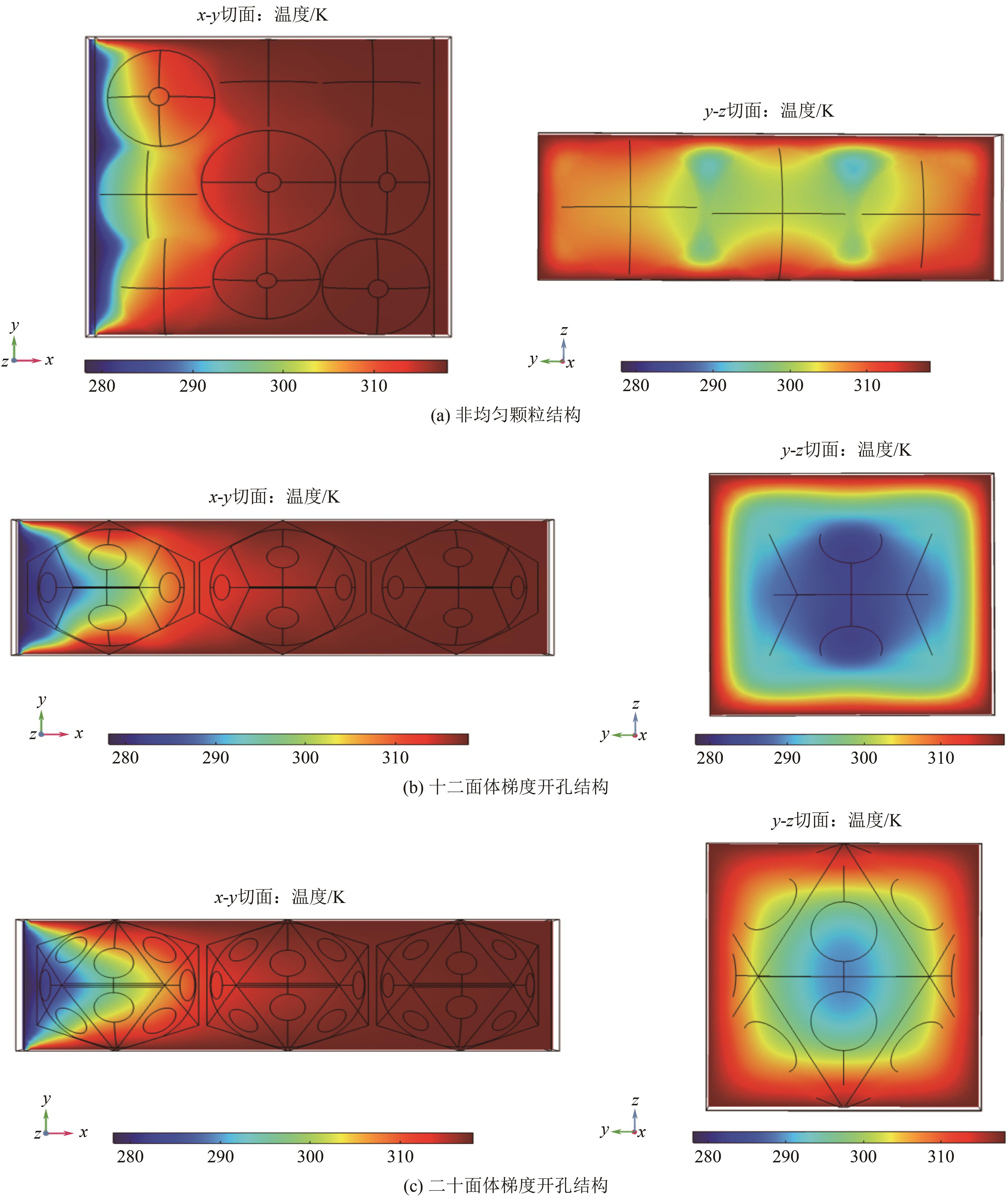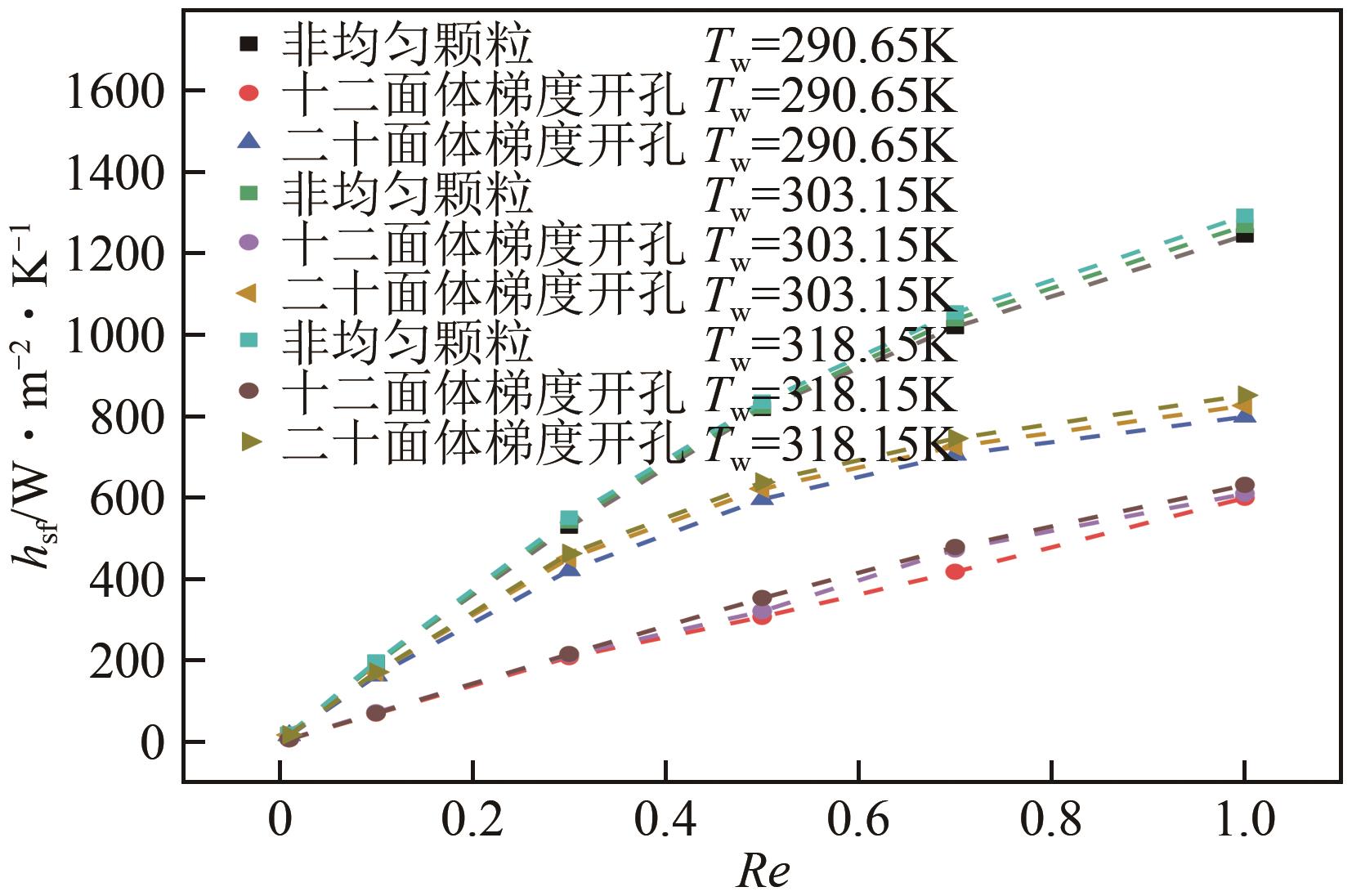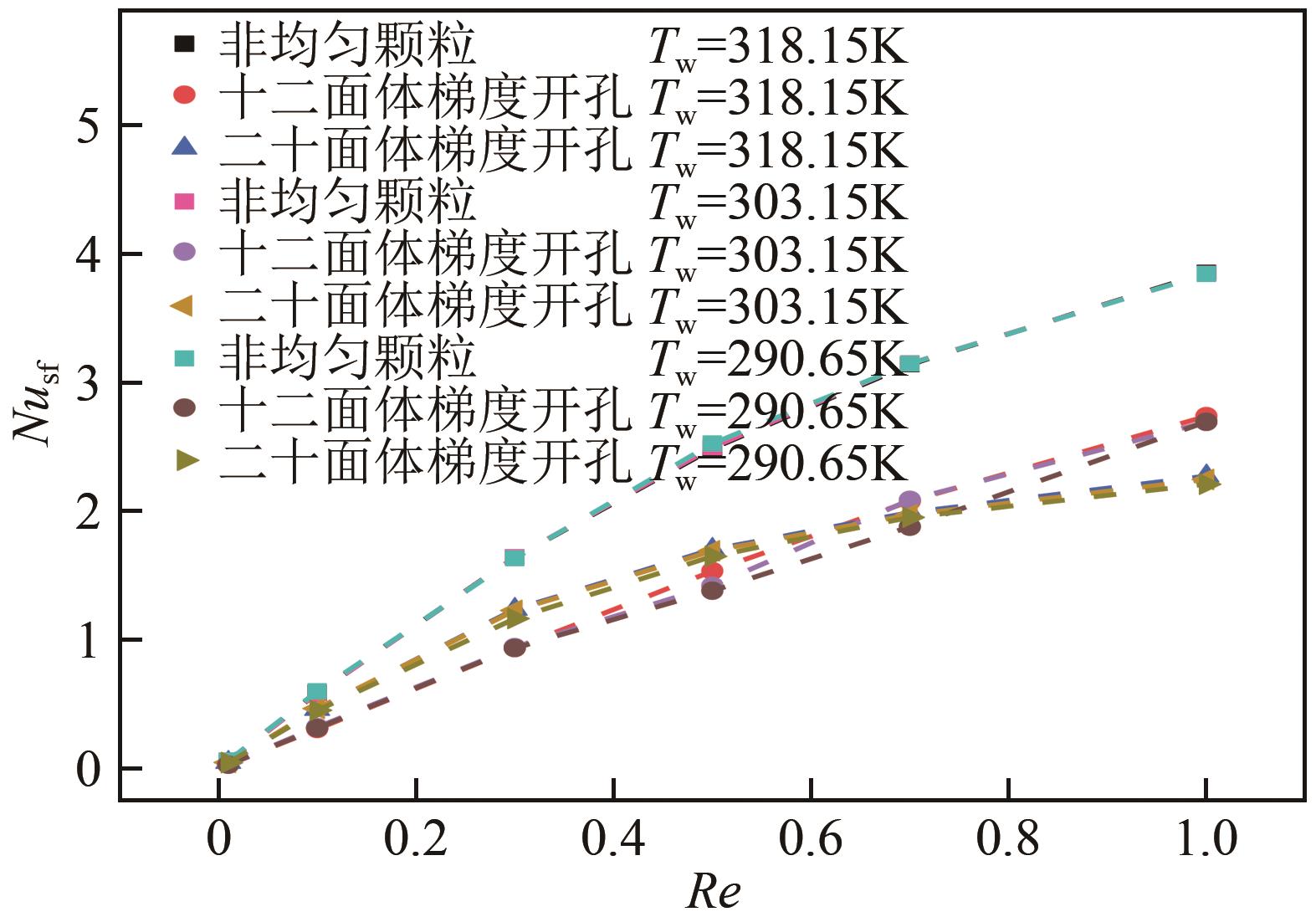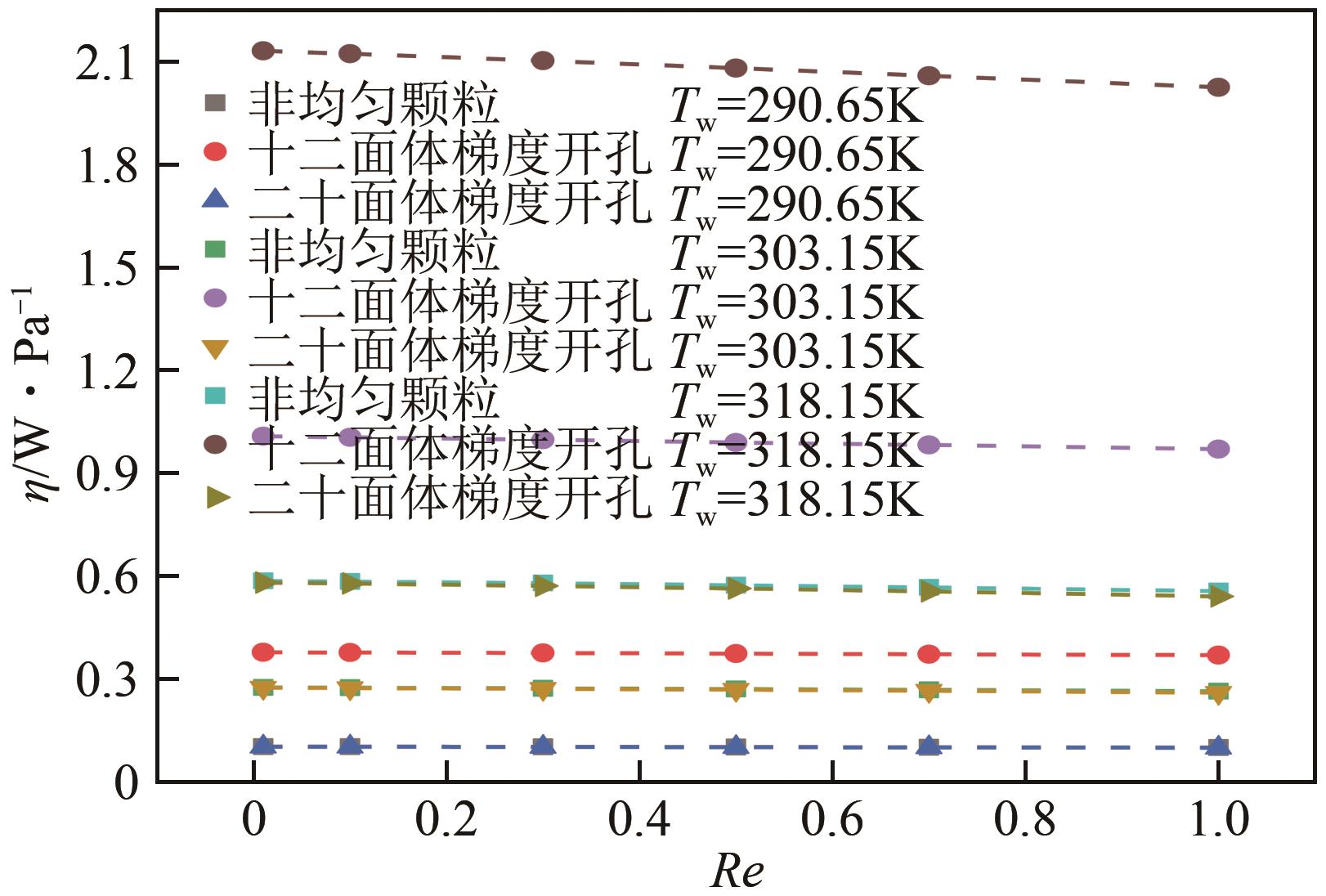| 1 |
ZHOU X, XU Y, ZHANG X, et al. Large scale underground seasonal thermal energy storage in China[J]. Journal of Energy Storage. 2021, 33: 102026.
|
| 2 |
王锦程, 万曼影, 马捷. 地下含水层储能技术的应用条件及其关键科学问题[J]. 能源研究与信息, 2003(4): 229-235.
|
|
WANG Jincheng, WAN Manying, MA Jie. Conditions for the application of aquifer energy storage and related crucial problems[J]. Energy Research and information, 2003(4): 229-235.
|
| 3 |
张媛媛, 叶灿滔, 龚宇烈, 等. 地下储能技术研究现状及发展[J]. 华电技术, 2021, 43(11): 49-57.
|
|
ZHANG Yuanyuan, YE Cantao, GONG Yulie, et al. Review and prospect of underground thermal energy storage technology[J]. Integrated Intelligent Energy, 2021, 43(11): 49-57.
|
| 4 |
GANGULY S, MOHAN K M S, DATE A, et al. Numerical investigation of temperature distribution and thermal performance while charging-discharging thermal energy in aquifer[J]. Applied Thermal Engineering, 2017, 115: 756-773.
|
| 5 |
LIU X L, WANG Y M, LI S, et al. The influence of reinjection and hydrogeological parameters on thermal energy storage in brine aquifer[J]. Applied Energy, 2020, 278: 115685.
|
| 6 |
GHAEBI H, BAHADORI M N, SDIDI M H. Performance analysis and parametric study of thermal energy storage in an aquifer coupled with a heat pump and solar collectors, for a residential complex in Tehran, Iran[J]. Applied Thermal Engineering, 2014, 62(1): 156-170.
|
| 7 |
JIANG Y, WANG X Y, LI M, et al. Investigations on heat flow characteristics of the aquifer for groundwater heat pump (GWHP) composed of different well types[J]. International Journal of Green Energy, 2019, 16(12): 857-866.
|
| 8 |
CALIS H P A, NIJENHUIS J, PAIKERT B C, et al. CFD modelling and experimental validation of pressure drop and fow profile in a novel structured catalytic reactor packing[J]. Chemical Engineering Science, 2001, 56: 1713-1720.
|
| 9 |
ALKHALAF A, REFAEY H A, AL-DUROBI N, et al. Influence of contact point treatment on the cross flow mixing in a simple cubic packed bed: CFD simulation and experimental validation[J]. Granular Matter, 2018, 20(2).
|
| 10 |
GUNJAL P R, RANADE V V, CHAUDHARI R V. Computational study of a single-phase flow in packed beds of spheres[J]. AIChE Journal, 2005, 51(2): 365-378.
|
| 11 |
QI Z, YU A B. A new correlation for heat transfer in particle-fluid beds[J]. International Journal of Heat and Mass Transfer, 2021, 181: 121844.
|
| 12 |
YANG J, WANG Q W, ZENG M, et al. Computational study of forced convective heat transfer in structured packed beds with spherical or ellipsoidal particles[J]. Chemical Engineering Science, 2010, 65(2): 726-738.
|
| 13 |
FU H J, TANG D Z, XU T, et al. Characteristics of pore structure and fractal dimension of low-rank coal: A case study of Lower Jurassic Xishanyao coal in the southern Junggar Basin, NW China[J]. Fuel, 2017, 193: 254-264.
|
| 14 |
HALKARNI S S, SRIDHARAN A, PRABHU S V. Estimation of volumetric heat transfer coefficient in randomly packed beds of uniform sized spheres with water as working medium[J]. International Journal of Thermal Sciences, 2016, 110: 340-355.
|
| 15 |
HALKARNI S S, SRIDHARAN A, PRABHU S V. Experimental investigation on effect of random packing with uniform sized spheres inside concentric tube heat exchangers on heat transfer coefficient and using water as working medium[J]. International Journal of Thermal Sciences, 2018, 133: 341-356.
|
| 16 |
AKSORNKITTI S, RATTANADECHO P, WESSAPAN T. Numerical investigation of heat transfer and water infiltration characteristics within two-dimensional granular packed beds[J]. Case Studies in Thermal Engineering, 2021, 28: 101417.
|
| 17 |
GAO X F, ZHANG Y J, HUANG Y B, et al. Study on heat extraction considering the number and orientation of multilateral wells in a complex fractured geothermal reservoir[J]. Renewable Energy, 2021, 177: 833-852.
|
| 18 |
RICHARDSON L F, GAUNT J A. The deferred approach to the limit. Part I. Single lattice: Part II. Interpenetrating lattices[J]. Philosophical Transactions of the Royal Society of London. Series A, Containing Papers of a Mathematical or Physical Character, 1927, 226: 299-361.
|
| 19 |
ROMKES S J P, DAUTZENBERG F M, VAN DEN BLEEK C M, et al. CFD modelling and experimental validation of particle-to-fluid mass and heat transfer in a packed bed at very low channel to particle diameter ratio[J]. Chemical Engineering Journal, 2003, 96(1/2/3): 3-13.
|
 ), ZHANG Huipeng1,2, LIU Xueling1,2(
), ZHANG Huipeng1,2, LIU Xueling1,2( ), FU Yuguo1,2, ZHU Jianxiao1,2
), FU Yuguo1,2, ZHU Jianxiao1,2
 ), 张辉鹏1,2, 刘雪玲1,2(
), 张辉鹏1,2, 刘雪玲1,2( ), 傅煜郭1,2, 朱剑啸1,2
), 傅煜郭1,2, 朱剑啸1,2
